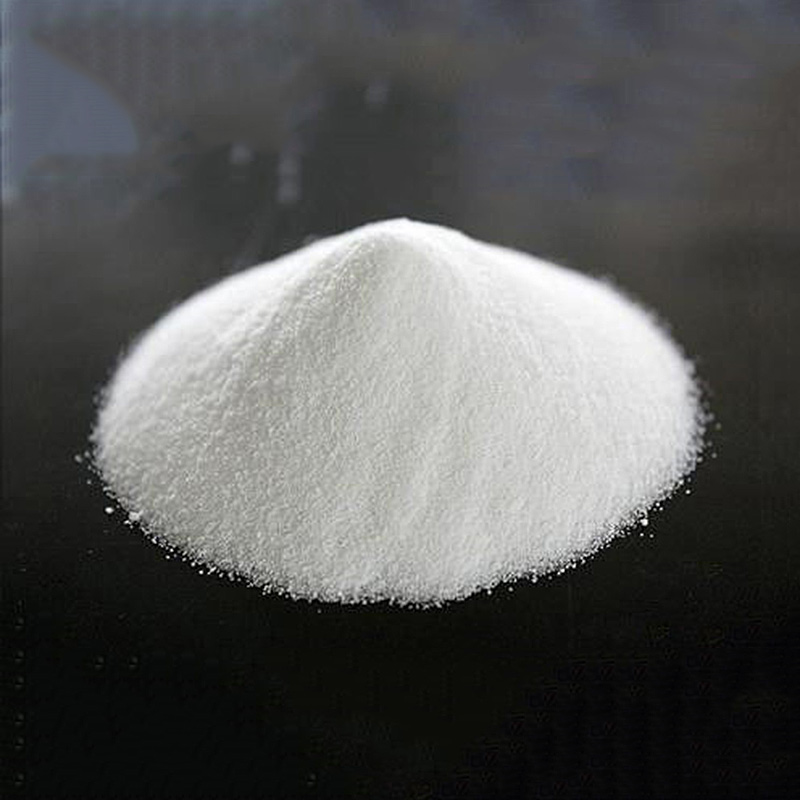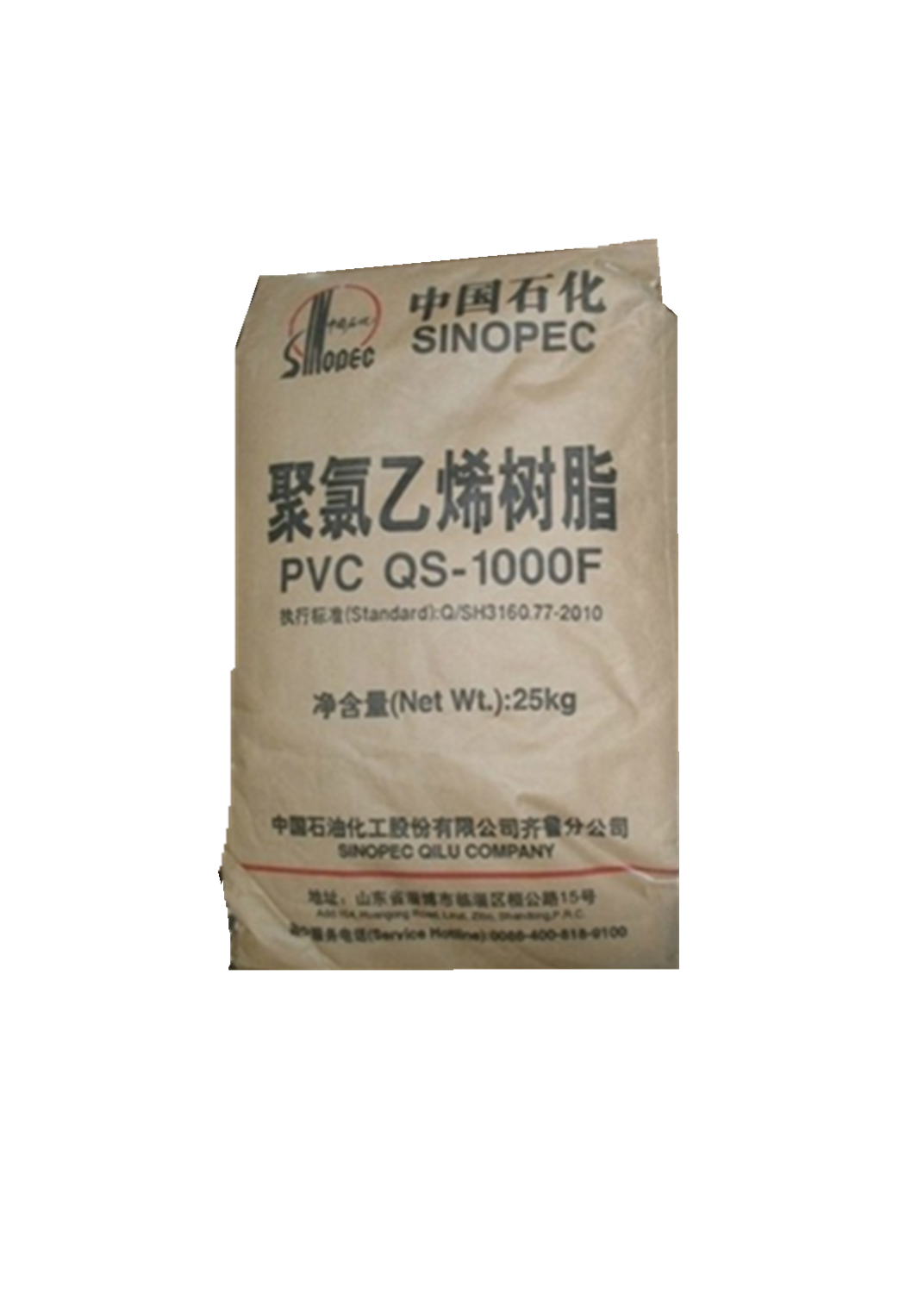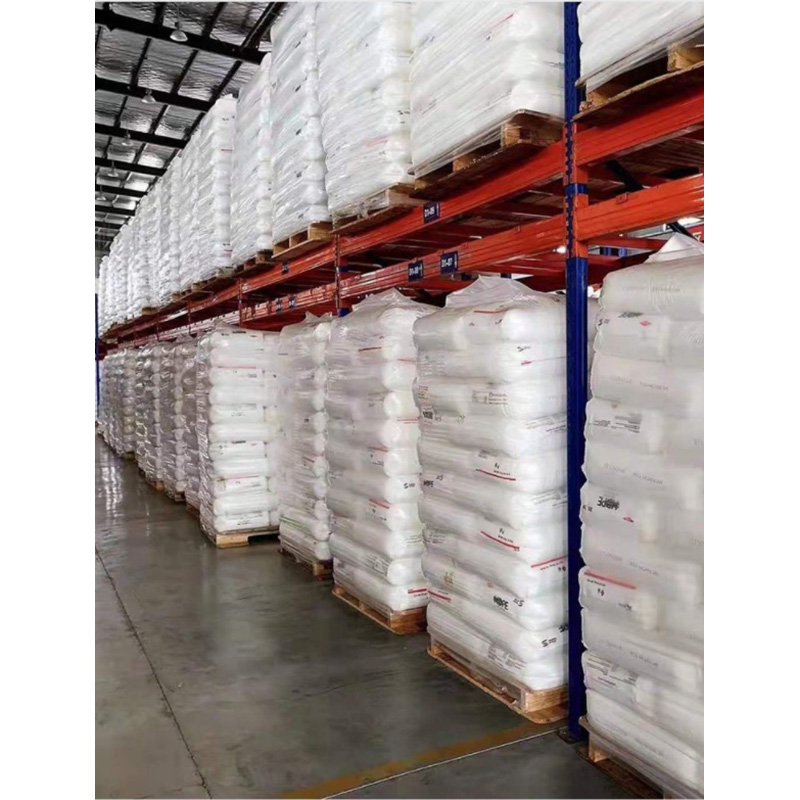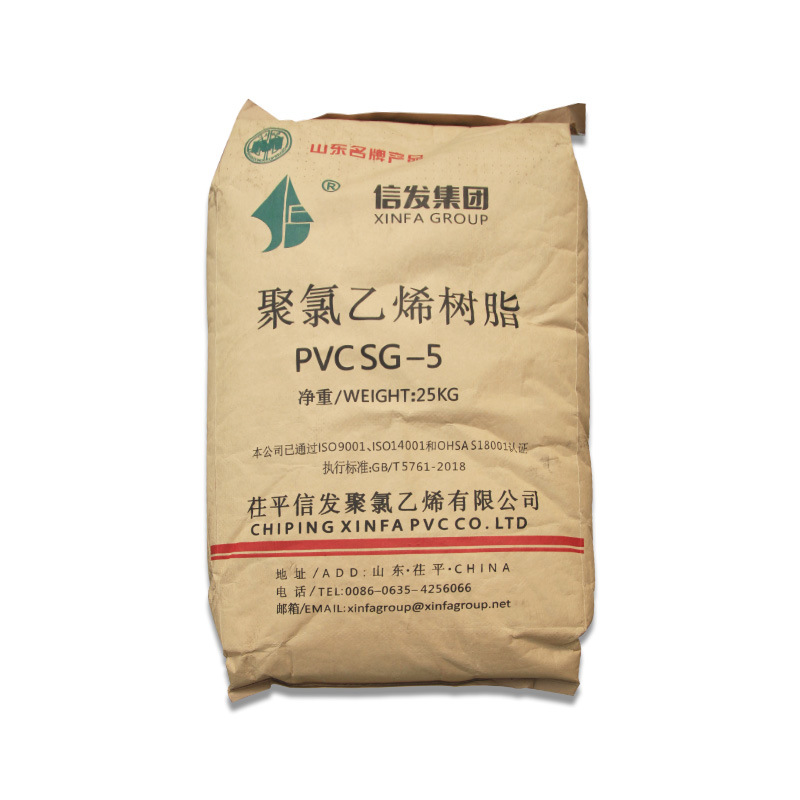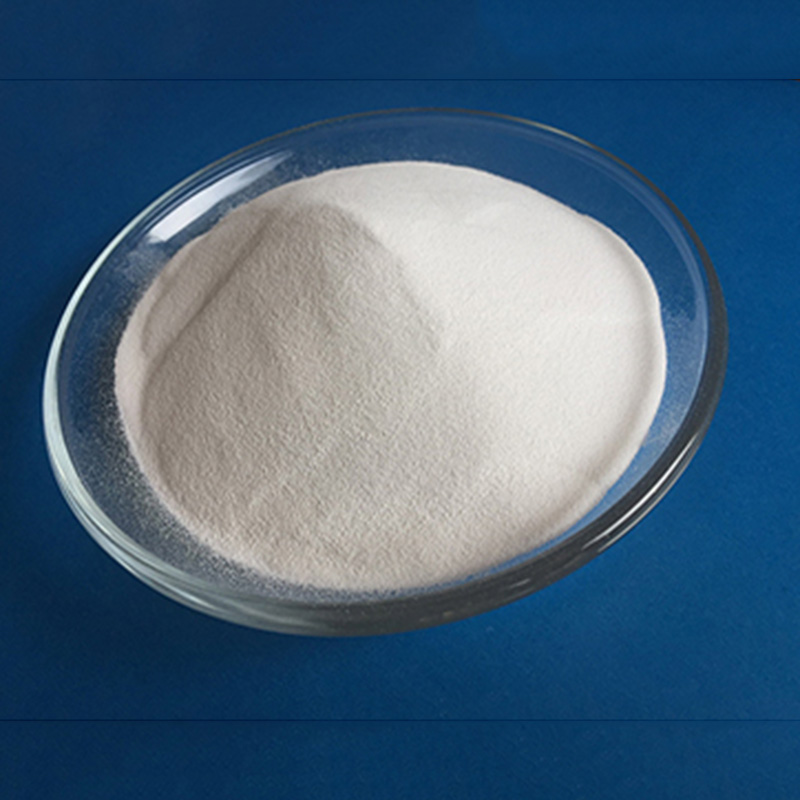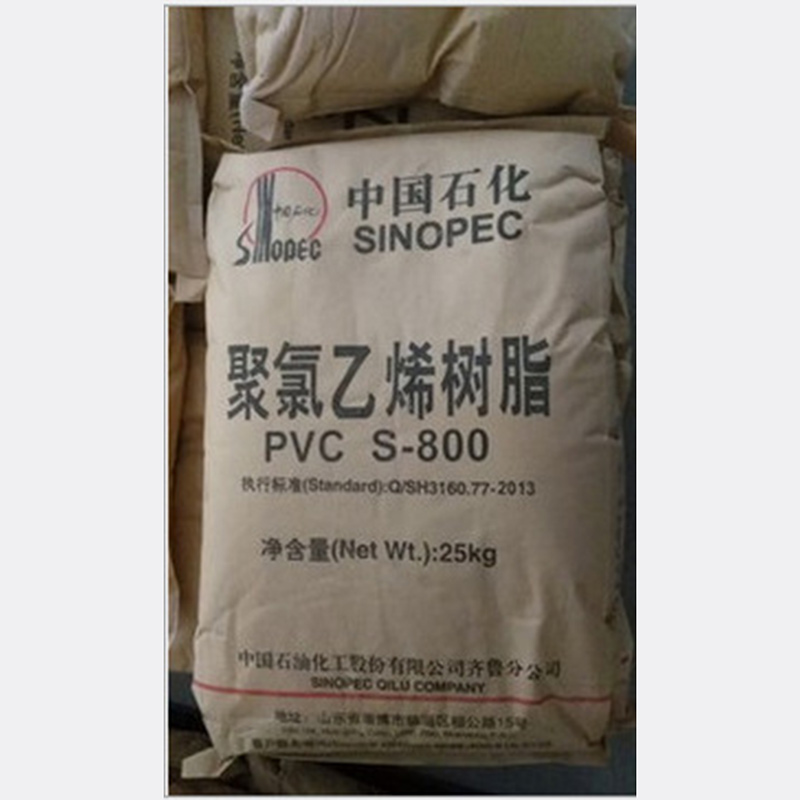PVC power pipe raw material
PVC power pipe raw material,
PVC for power pipe, pvc resin for pipe,
PVC power pipe and its preparation method include the following raw materials:
100 polyvinyl chloride resin,
15~25 calcium carbonate,
5~10 titanium oxide,
4~8 impact modifier,
2~5 stabilizer,
0.5~2 lubricant,
2~4 sepiolite
3~8 composite inorganic flame retardant agent, composite inorganic flame retardant from rare earth hydroxide aluminum hydroxide Preparation method of magnesium hydroxide and zinc borate
Production process:
1) Add calcium carbonate titanium oxide into POLYvinyl chloride resin and mix it at high speed for 3-6min; 2) Then add the impact modifier stabilizer, lubricant sepiolite and composite inorganic flame retardant into the mixture.
The mixing temperature is 100-110, and the mixing time is 10-15 minutes. After the mixture is evenly mixed, the mixture is transferred to the cooling mixer at a low speed of 40~50 for 3-5 minutes, and finally into the conical twin screw extruder at 170~190 The electric power tube has good flame retardancy and mechanical properties
Polyvinyl Chloride (PVC) is a linear thermoplastic resin produced by polymerization of vinyl chloride monomer. Due to the differenceof raw materials, there are two methods of synthesizing vinyl chloride monomer calcium carbide process and petroleum process. Sinopec PVC adopts two suspension process, respectively from Japanese Shin-Etsu Chemical Company and American Oxy Vinyls Company. The product has good chemical corrosion resistance, excellent electrical insulation property and fine chemical stability. With high chlorine content, the material has good fire retardance and self-extinguishing properties. PVC is easy to process by extrusion, injection molding, calendering, blow molding, compressing, cast moulding and thermal molding, etc.
Application
PVC is one of the most widely used thermoplastic resins. It can be used to make products with high hardness and strength, such as pipes and fittings, profiled doors, windows and packaging sheets.
It can also make soft products, such as films, sheets, electrical wires and cables, floorboards and synthetic leather, by addition of plasticizers.







